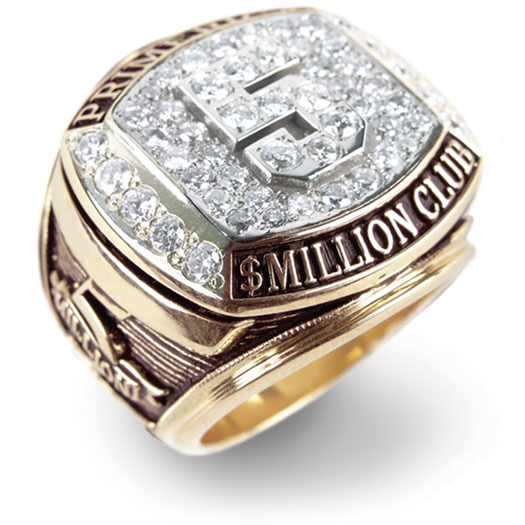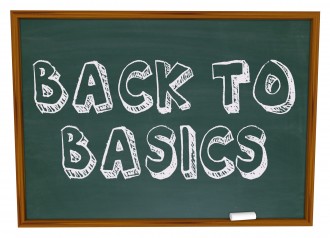The classic business start-up occurs at the kitchen table. The great thing about starting a business from your home is that you don't have to spend extra money on rent, furniture, and utilities. You use what you have at home and devote all of your time and money to other, more important matters.
I have had the opportunity to have many, many, conversations with friends and family about starting new, second-half-of-life careers. By and large, the people I speak to want to be in businesses they know nothing about.
- An engineer wants to start a commercial airline.
- A corporate lawyer wants to sell exotic travel vacations.
- A high school teacher wants to open a health spa.
The old work bores them. They would much rather start something new and different, something that inspires them with romantic thoughts of fun, tranquility, excitement.
This sort of escapist approach to business is understandable but inadvisable. Your chances of being successful are much, much better if you start with what you know.
Successful start-up businesses depend primarily on knowledge - specifically knowledge of the customers and the products.
Knowledge of the customer includes knowing:
- Who are my buyers?
- Where are they located?
- How can I reach them?
- What do I need to say or do to sell them?
- How do I get them to buy more?
- What kind of product does the customer want today?
- What are its necessary features?
- What are its possible benefits?
- How much should I charge for it?
- How can I replicate it?
- How can I increase its value?
Another Way To Start With What You Know
If you are lucky enough to have a lifelong hobby, it's quite possible that you can create a successful business by leveraging your knowledge and contacts there. I've mentored several people who made this transition - from marketing executive of a publishing business to CEO of a business that teaches children about financial responsibility, to give just one example.
The trick to turning a hobby into a business is to use the experience you currently have in marketing and sales and couple it with the knowledge you have about your hobby. If, for example, you make a living selling vacuum cleaners door-to-door and you want to turn your passion for cooking into a business, consider creating your own cookbook (or better yet, home-study cooking program) and selling it door-to-door.
This sort of marriage - linking what you know about selling with what you know about your hobby - isn't always possible. For example, I can't think how you could sell vintage cigar lighters door-to-door.
But if you think you can do it, you probably can!$
[Ed. Note. Ray Buckner is dedicated to helping you take control of your financial future with a web-based business that you can operate from anywhere in the world – including a coffee shop, your kitchen table, or anywhere around the world where there is Internet access. Discover how you can achieve the American Dream and your financial independence here. You’ve never seen anything like this before.]







No comments:
Post a Comment